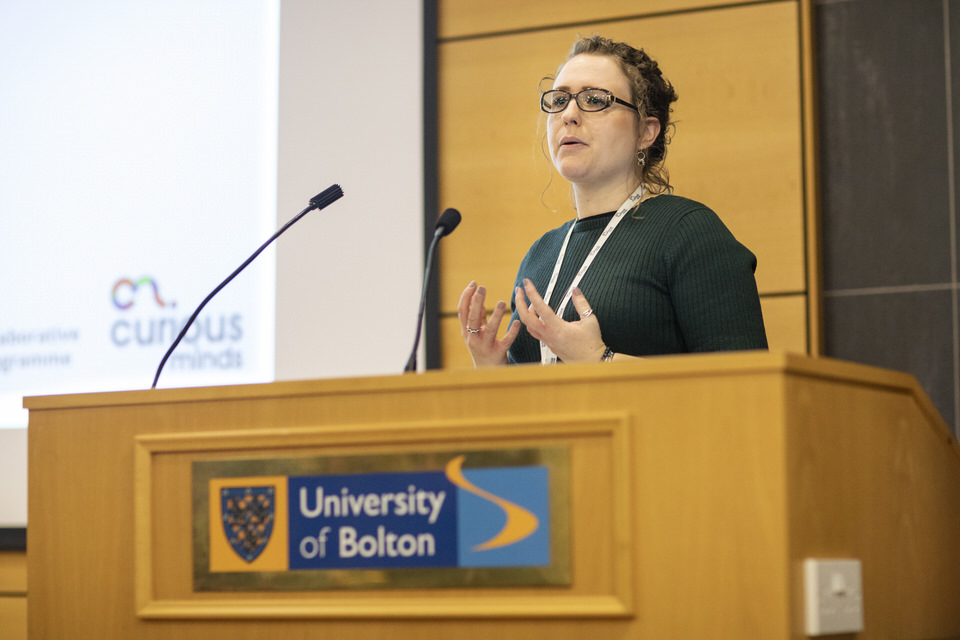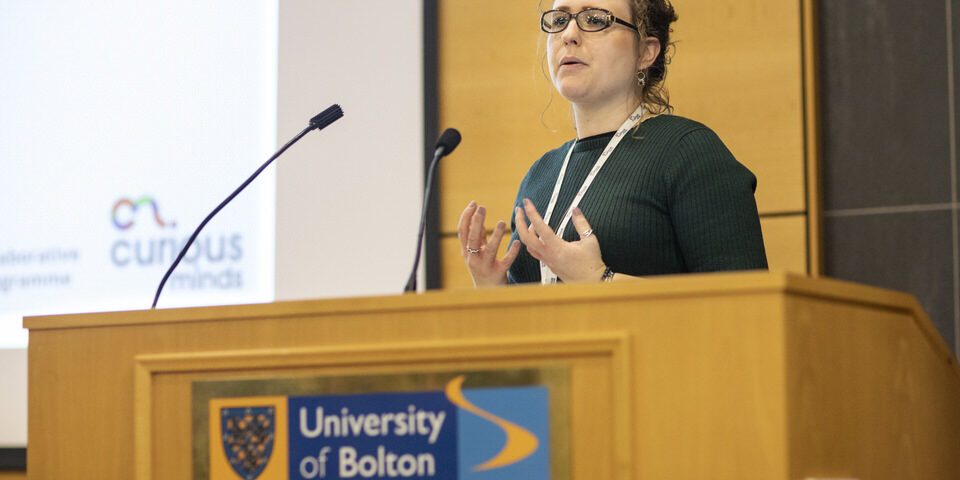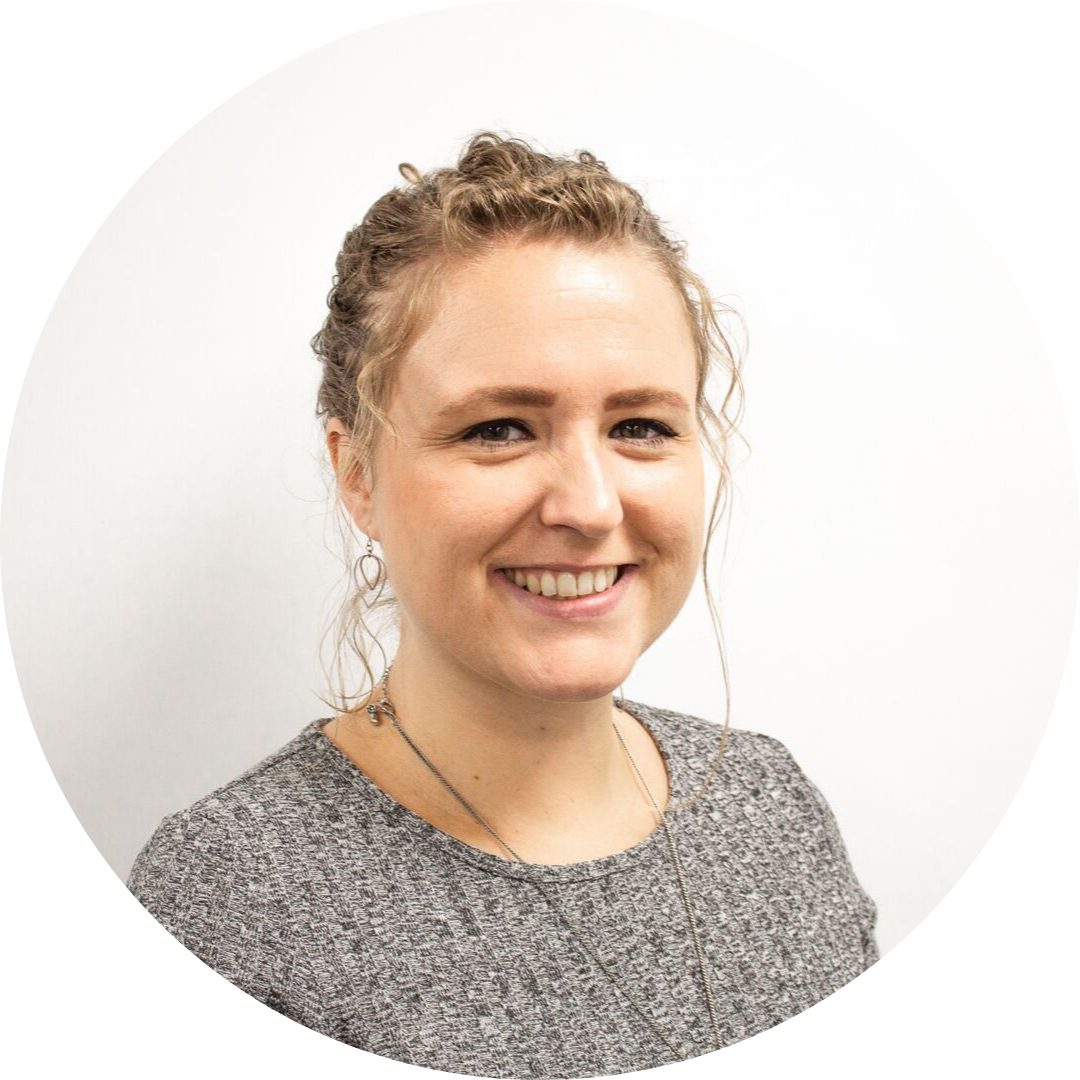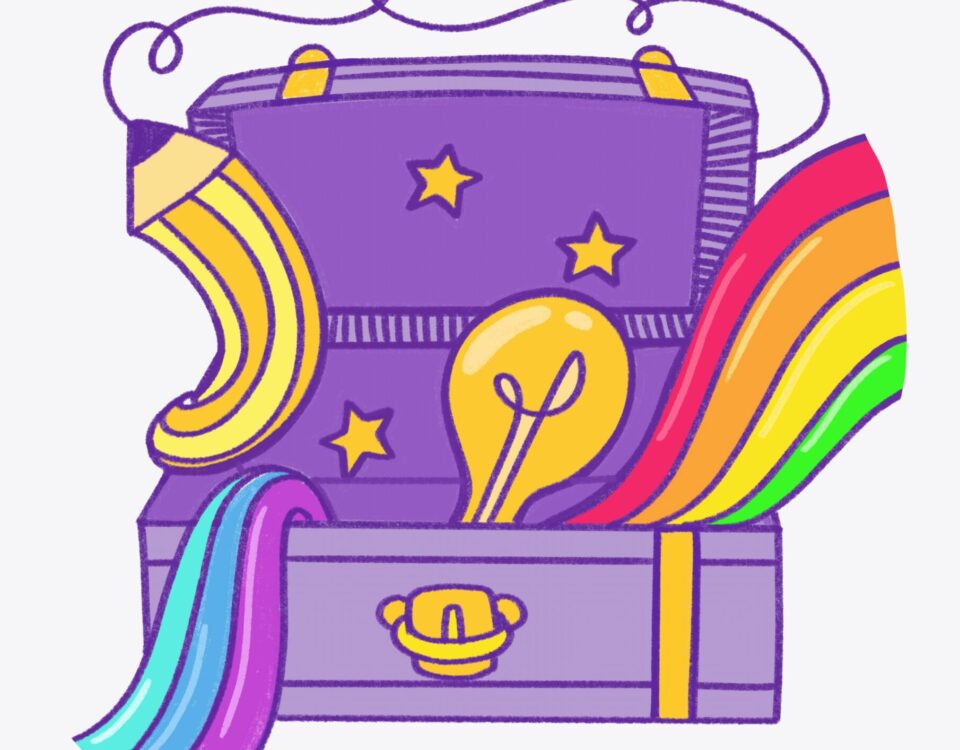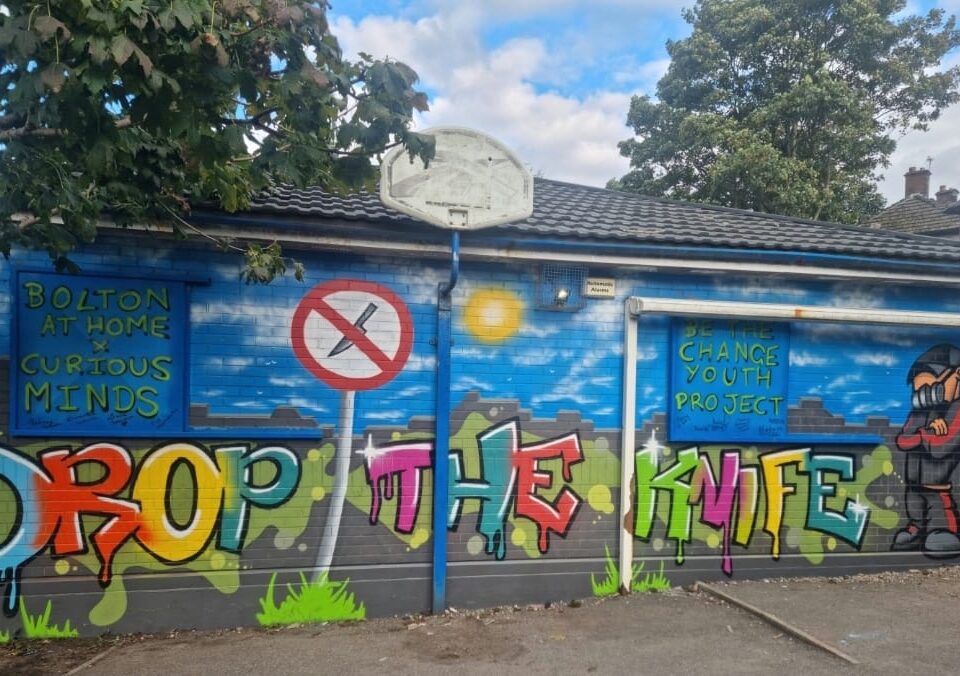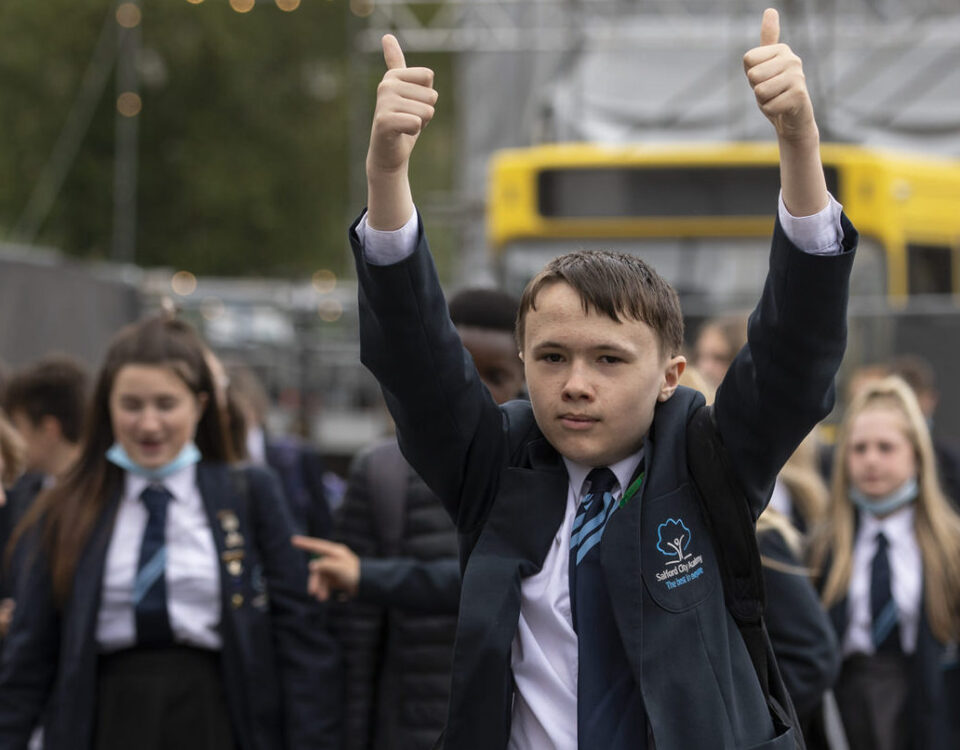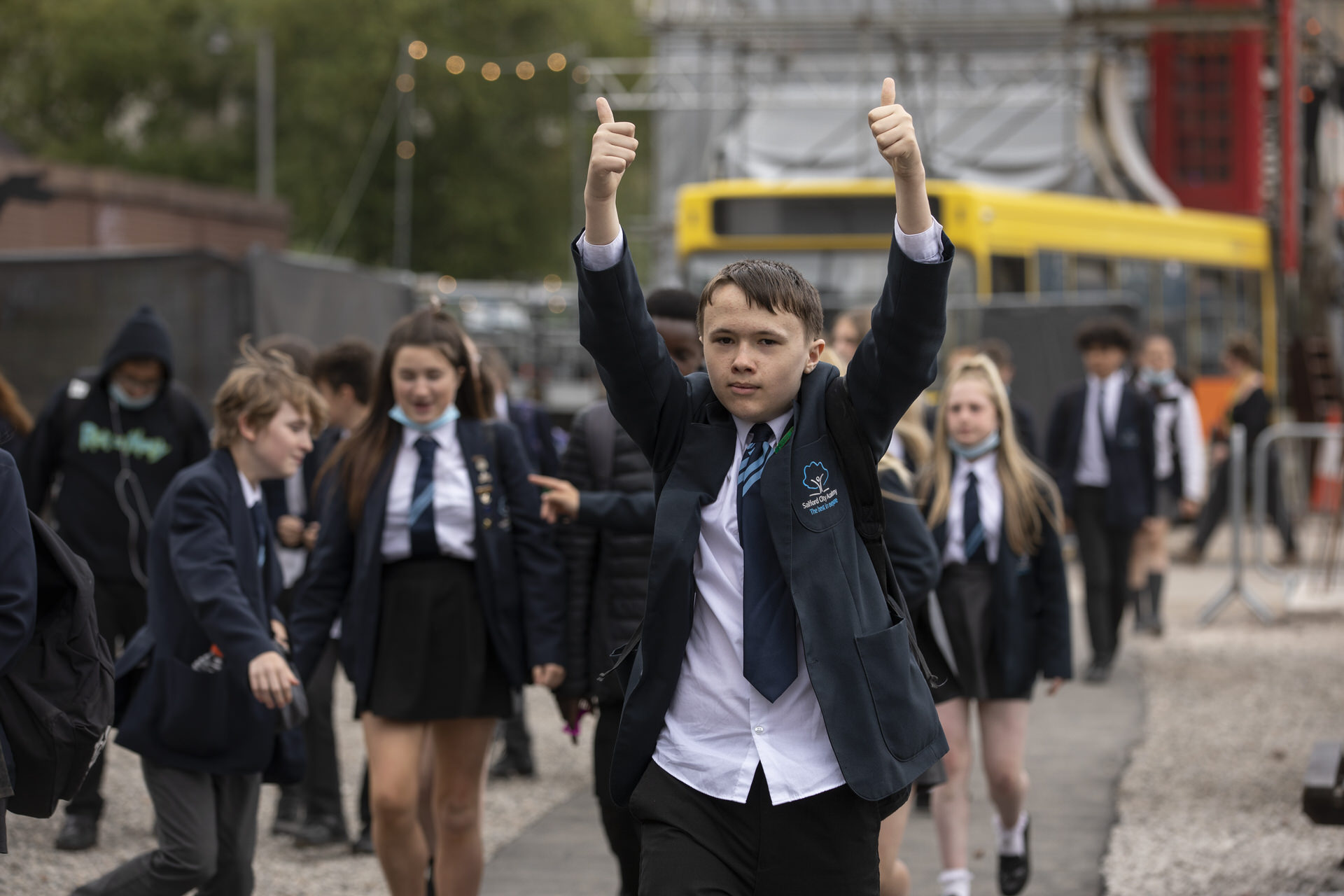
The Arts in Schools
February 21, 2023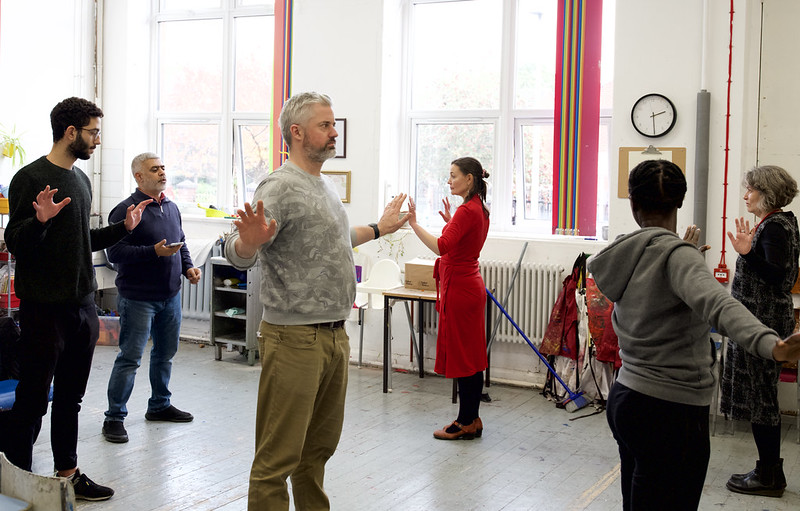
Breaking Barriers
March 9, 2023An expert insight into career pathways in the creative sector
If you want to know how we can best develop the next generation of creative workforce, ask Holly Ball.
A qualified Careers Advisor, Holly has over fifteen years experience of delivering careers and employability programmes in the creative and cultural sector. For many of these, she has been spearheading Curious Minds' creative talent pipeline work as our Head of Careers & Employability; supporting education and cultural providers in the North to open new doors, create opportunities and inspire young minds.As schools up and down the country gear up for National Careers Week 2023 (6th to 11th March), we spoke to Holly about her work and insight into the unique opportunities and challenges that exist for young people looking to develop careers in a sector that is growing faster than any other in the UK.
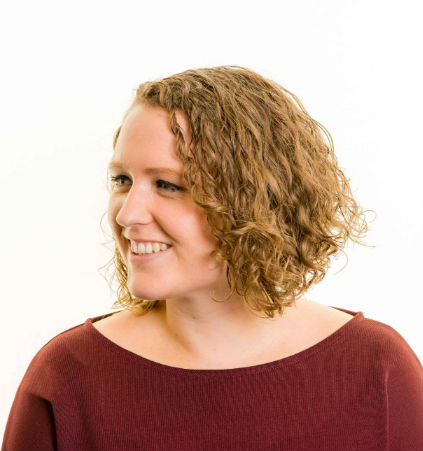
What do you do at Curious Minds?
My role is to join the dots around careers, skills, youth employment and the creative sector. Creative career pathways is an often overlooked area, especially when it comes to those still at school. I look at national policies and programmes and consider how they work at a regional and local level. I make them real for the cultural education professionals working directly with children and young people. For example, The Careers and Enterprise Company is currently piloting a programme for primary schools. Research shows that by the age of seven many children have ruled out certain careers because of stereotypes around gender, ethnicity, or social background. So, I’m working with colleagues to explore how we support primary schools working towards Artsmark to develop their careers offer.What are the key challenges that you're trying to address?
There are two big challenges that we are faced with. Firstly, the big national youth employment schemes are rarely fit for purpose for our sector. Part of my job is to translate those opportunities in meaningful and relevant ways for the creative and cultural space, and also to ask what else can we do that is more relevant to our sector.Let’s not wait for the next big thing. Let’s create different types of opportunities - build different pathways and progression routes that meet both our needs and those of the young people we serve. Curious Minds' Alternative Saturday Jobs model is a great example of that.
“We need to start at the beginning and support the earliest stages of the creative talent pipeline.”
Our targeted work is about making sure those young people have access to opportunities and work alongside people who look, and sound, like them. Then they can start to understand that it is possible and from there we can help them to build their networks to move forward. As part of this, we are working hard to build a more diverse cultural education workforce. We need people with a range of lived experience, who can bring that into their practice and speak to children and young people from a place of knowledge and understanding.
How can arts and culture help young people to progress into employment?
Jobs for life don’t exist anymore and the world of work is constantly changing. Participating in arts and culture helps young people to develop essential career management skills – such as being flexible and adaptive, critical thinking, emotional intelligence, etc.We don’t know what jobs will look like in 5, 10 or 15 years’ time, so we need to equip young people with the skills to manage that uncertainty and to adapt to new opportunities. For me, arts and culture make children and young people future proof and able to handle whatever the world looks like.
What can creative and cultural employers offer young people in terms of transitional opportunities?
Our sector is skilled at tailoring opportunities to fit around a young person and what’s going on in their life. We don’t try and force a square peg into a round hole. It's embedded within our workforce to be person-centred. But we find ways to do this that still meets an authentic business need for the employer.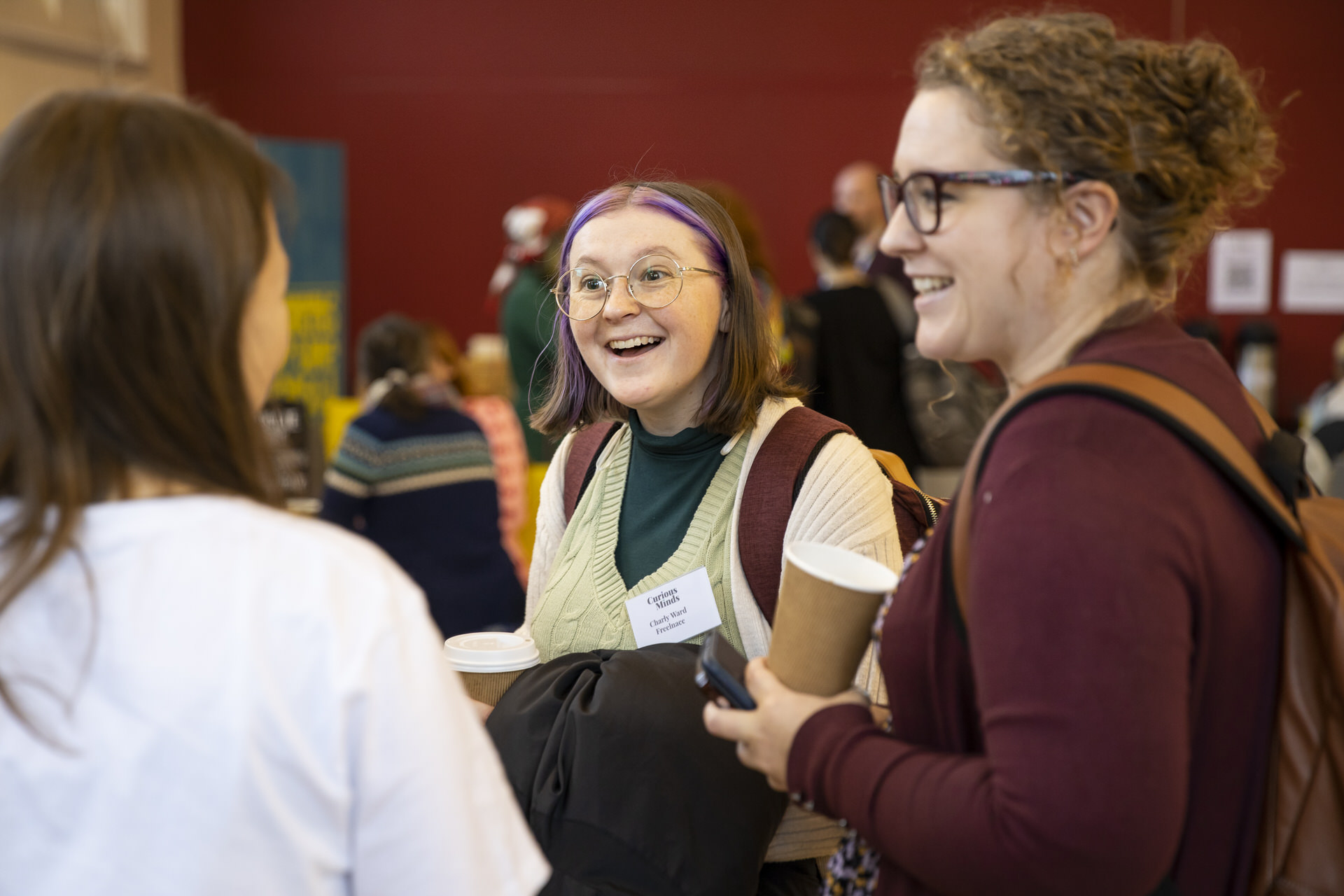
I think that's really special. I can't think of another workplace environment where you would be able to get that.
What barriers exist for some young people when it comes to employment and how can we address them?
Based on my experience, it is absolutely about creating flexible opportunities that are paid at real living wage. If you can't afford to not be paid, then that creates a barrier from the outset, so we need to remove that straight away. And then, once someone is working with us, we need to have the tools and techniques to respond to the individual in front of us.Mental health and personal circumstances can create significant barriers to employment. A young person is unlikely to tell you at first if they’re struggling with their mental health. But as you build trust and rapport, things often come to light. Then you can build a flexible roadmap to move forward and figure out what works for them. So, for example, I’ve started setting deadlines for a specific week, rather a specific day, so they are achievable around other commitments.
Why are creative and cultural careers important?
Arts, culture, and creativity are embedded in our everyday lives, and in so many jobs in the UK’s economy. They underpin so many things that we do in everyday life and speak to so many of the challenges that we are facing as a society. If we don't encourage children and young people to consider those creative jobs and know that they're an option, then I think we'll be poorer as a society.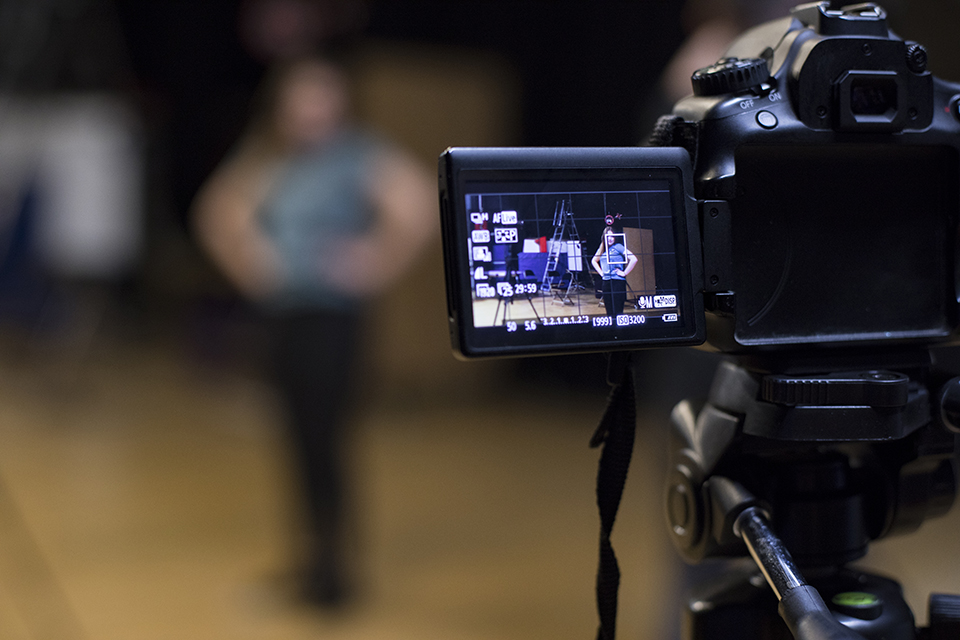
What does a career in cultural education look like?
It is all about working creatively with children and young people. It can be in the classroom, a community setting or an arts organisation. It can involve teaching a specific art form or using the arts to explore the world we live in. The workforce is made up of lots of different roles, for example, artists who deliver workshops, teachers, project managers and many more.Historically, many have considered working creatively with children and young people as something that an artist might do if they can’t make money elsewhere. I think more work is needed to recognise cultural education as a valued profession. It takes time and experience to learn these skills, and we need to create more robust training and support around it.
“There’s no clear roadmap into careers in cultural education. We need to show young people, teachers, parents that this is a viable career.”
